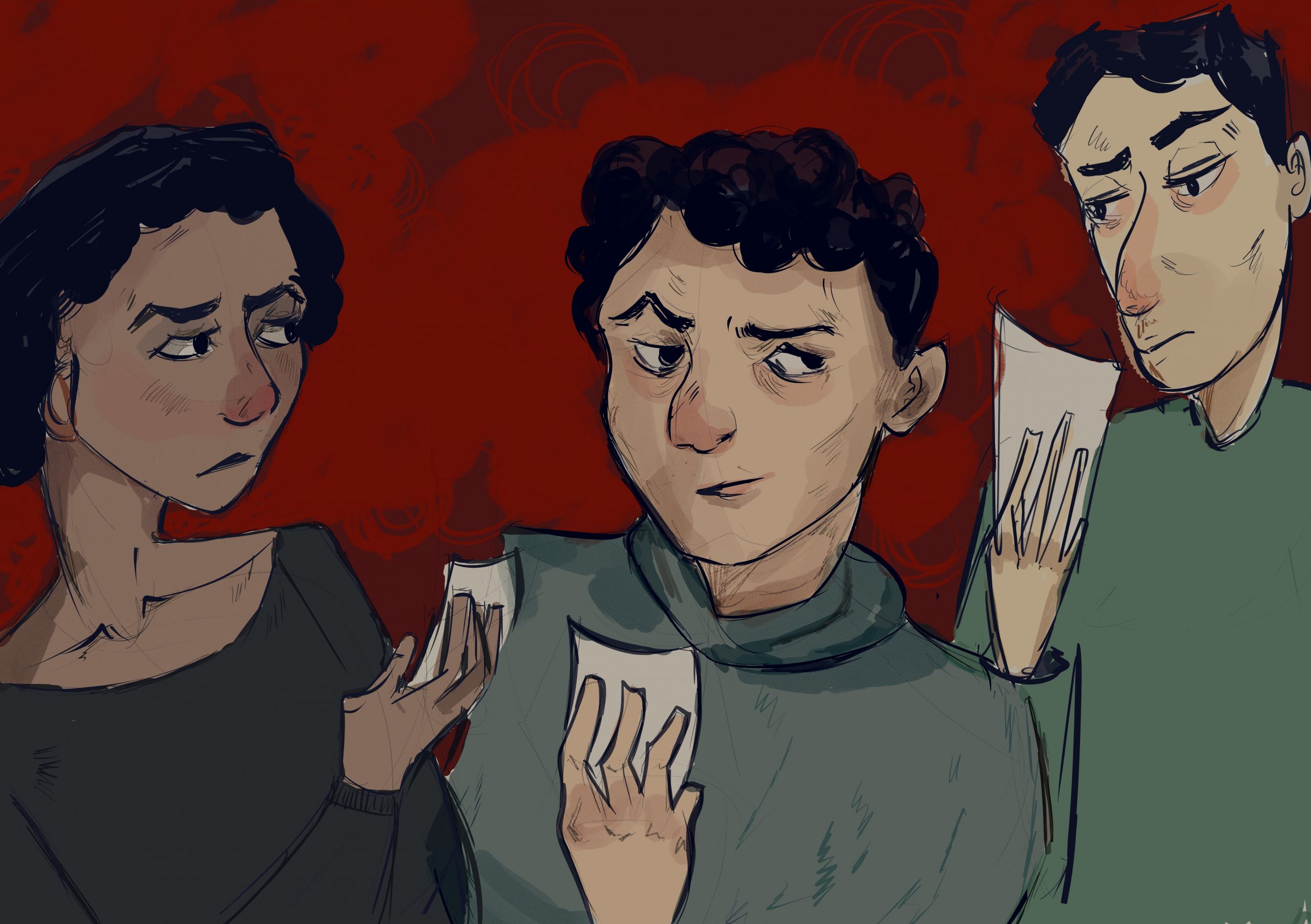If you want to improve your poker face, teamwork skills, and strategic thinking, look no further than McGill’s Mafia Club. Known for its long nights of intense gameplay filled with lies and deception, this student club offers a unique sense of community centred on the beloved game of social deduction.
Founded in 2013, McGill’s Mafia Club drew traction in the McGill community due to its niche premise and rumours of intense meetings. Mafia, also known as Werewolf, is among the most popular social psychology games, and with its simple set of rules, the game is easy to learn and enjoy. The game, at its core, is a battle of wits between two teams: The informed majority—the mafia—are tasked with killing off members of the uninformed majority—the townspeople—without being detected.
In addition to hosting Mafia games, the club also plays other social psychology games, such as Secret Hitler and The Resistance. During the COVID-19 lockdowns, Mafia Club even played a variety of games virtually, such as Enigma. However, with in-person meetings allowed again, the club will return to its focus on Mafia, as it is better suited to a large, in-person group.
Daniella Serrador, U3 Science and co-president of Mafia Club, initially joined in 2019. As someone who enjoyed playing Mafia in high school, Serrador seized the opportunity to make new friends while continuing to play a game she loved.
Serrador said she hopes to foster a laid-back atmosphere, considering that many McGill spaces and clubs are often very focussed on academics.
“Mafia Club is accepting and welcoming to people of all backgrounds, [including] beginners,” Serrador said in an interview with The McGill Tribune. “It is a relaxed place to come and unwind.”
Serrador believes the game has a unique ability to foster multiple social and personal skills.
“[The club offers] the opportunity to improve your public speaking skills, because the game involves defending your point of view to others in the group in order to stay in,” Serrador said.
Mafia Club intrigued Emily Bidder, U3 Arts and general club member, when she visited Activities Night as a first-year student. Although she had played similar games in the past, Bidder was impressed by participants’ teamwork and deception during the beginner’s night.
Bidder was motivated to continue playing to improve her own strategic thinking skills applicable to her personal and academic life. However, the biggest takeaway for Bidder has been the close friends that she made, thanks in part to the club’s positive and social ambience.
“Because it’s such a social game, everybody gets involved [in] debating [to defend their side’s point of view],” Bidder said. “We do get a bit heated during the games, but it’s all in fun.”
With meetings drawing groups ranging from 15 to 40 participants, the club has proven to be an easy way to find people to connect with.
“I’ve never made so many friends in one place,” Abdel-Rahman Sadaqa, U4 Engineering and general member, said in an interview with the Tribune. “It’s one of the most comfortable […] environments I’ve ever been in.”
Members are dedicated to the game, despite the club veering from typical CV-boosting extracurricular activities. Proof of this passion are its several-hour-long meetings, with each round lasting up to 90 minutes.
“It’s some of the most genuine frustration I’ve seen,” Jonathan Mayrhofer, U3 Arts and executive member, said.
This year, McGill’s Mafia Club meets on Tuesdays from 6 p.m. to 10 p.m. in room 201 of the SSMU building. They will also be hosting beginners’ nights for those that are new to the game and want to get involved. Those interested in joining are encouraged to email [email protected] to join the mailing list.









